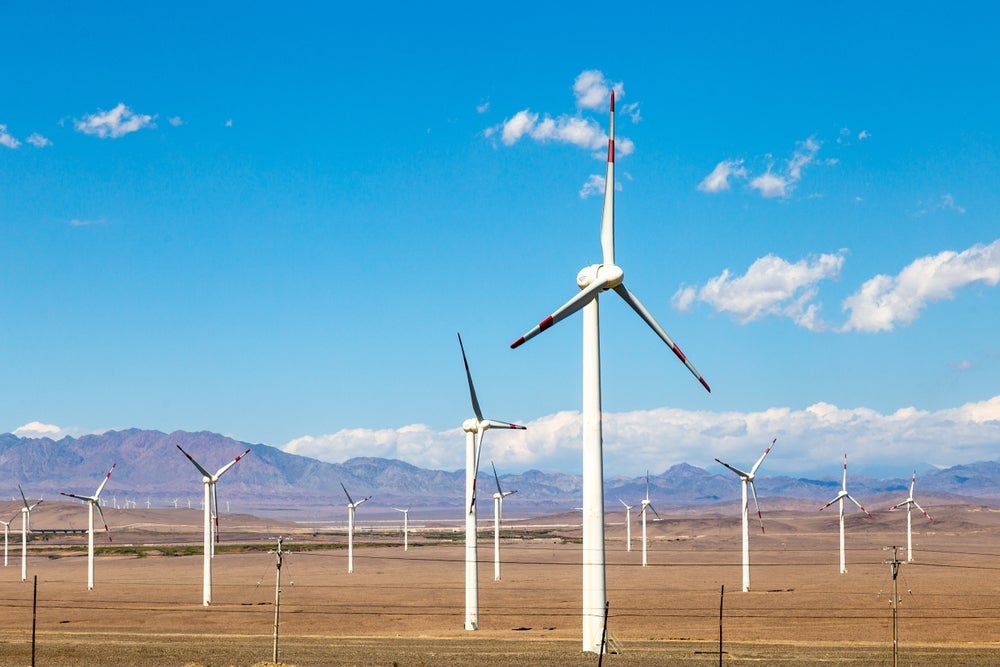Convergence for telecom operators includes fixed-mobile bundles that feature both fixed-based and mobile-based products. Non-telco operators cannot compete in this area, but the capability can be developed through investment and diversification.
Listed below are the key macroeconomic trends impacting the telecom convergence theme, as identified by GlobalData.
Mergers and acquisition (M&A)
Covid-19 has forced many large companies to home in on their core strategies, which includes divesting non-core assets. The high capital and spectrum costs associated with 5G is also forcing many US companies to sell non-essential businesses. Verizon has continued to move away from the media sector, most recently selling Huffington Post to Buzzfeed, freeing up additional funds to pursue its 5G strategy.
The demand for 5G capabilities, along with broader requirements for high-speed infrastructure, will continue to drive M&A for the telecom sector. The structural separation trend has created more M&A opportunities for investors to enter the telco market.
Covid-19
Covid-19 has impacted almost every industry, segment, and theme to some degree, including telecom convergence, and will continue to do so for the foreseeable future. Household internet usage has spiked during the pandemic demanding more bandwidth for increased multi-device access, work and school-related activity, and entertainment. Enterprises are having to contend with expanded remote workforces and schools with demands for remote learning.
The resulting economic stress is squeezing household, business, and government budgets, making them more open than ever to cost-reducing digital solutions. One constant has been the need for uninterrupted connectivity, underlining the significance of telcos’ role across all aspects of day-to-day life, work, and play. The pandemic has served to highlight the critical nature of robust and expansive high-speed fixed and broadband infrastructure.
How well do you really know your competitors?
Access the most comprehensive Company Profiles on the market, powered by GlobalData. Save hours of research. Gain competitive edge.

Thank you!
Your download email will arrive shortly
Not ready to buy yet? Download a free sample
We are confident about the unique quality of our Company Profiles. However, we want you to make the most beneficial decision for your business, so we offer a free sample that you can download by submitting the below form
By GlobalDataTelcos are seeing new opportunities to bundle and promote more adjacent value-added services into core access provisioning, from communications and cybersecurity tools to education and infotainment and enhanced technical assurance and support. Other areas of exploration include contactless and biometric technologies, remote healthcare solutions, financing and insurance, anonymised data collation and analysis, and virtual and cloud-based applications.
Sustainability
The topic of sustainability is arguably nothing new for this sector. Most telcos have been dutifully reporting their carbon footprint reduction goals as part of annual corporate responsibility reports for a decade or more. Several mobile network operators (MNO) agreed to report their carbon impact through the CDP, formerly known as the Carbon Disclosure Project.
Many operators worldwide agreed on a common goal to achieve net-zero emissions by 2050 in 2016, primarily focusing on network energy efficiency areas. Some operators such as Orange have elevated eco-commitment to one of the key pillars of a revised corporate strategy. Green marketing is also starting to make itself felt in the consumer domain as several operators are marketing 5G and fibre broadband as more energy-efficient technologies.
This is an edited extract from the Telecom Convergence – Thematic Research report produced by GlobalData Thematic Research.








Related Company Profiles
Buzzfeed, Inc.
Orange SA